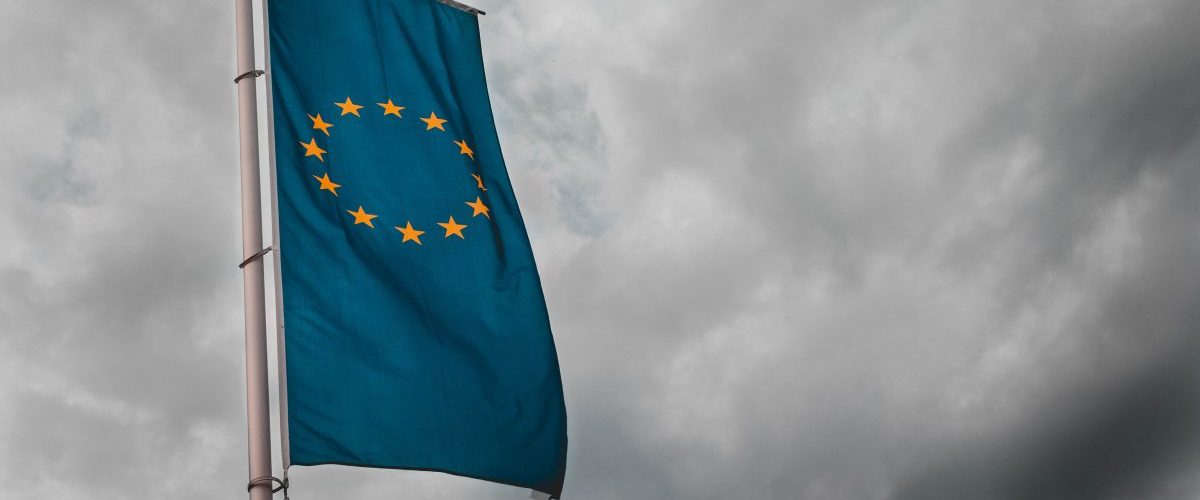By January 31, 2024, importers must submit the first report on high-emission goods imported from outside the EU. Failure to keep records and submit reports on time may result in high penalties. The Cross-Border Adjustment Mechanism (CBAM) came into force on October 1, 2023, and applies to importers of electricity, cement, fertilizers, cast iron and steel, hydrogen, and aluminum. Importers of these goods must collect data on producers and places of production, establish embedded emissions, keep CBAM records, and report quarterly. Failure to comply with CBAM obligations may result in fines of €10 to €50 per tonne of unreported emissions. Much of the data for CBAM comes from third-country suppliers, so establishing a method for collecting and flowing information is crucial. We offer CBAM reporting outsourcing services to assist importers in meeting their obligations, including determining covered goods, instructing suppliers, preparing a database, keeping records, and preparing reports. Ongoing support and advice are also provided.
Source Crowe
Latest Posts in "European Union"
- Agenda of the ECJ/General Court VAT cases – 3 Judgments, 3 AG Opinions, 1 Hearing till October 28, 2025
- Commission calls on BELGIUM, FRANCE, and MALTA to fully implement the new EU VAT rules for the special SMEs scheme
- From matchmaker to supplier: deemed supplies and platform classification under EU VAT
- European Commission Report Highlights Uneven VAT Rate Exemptions Across EU Member States
- EU Packaging Regulation Faces Legal Challenges Over Reusability, Plastic Ban, and Deposit Requirements














